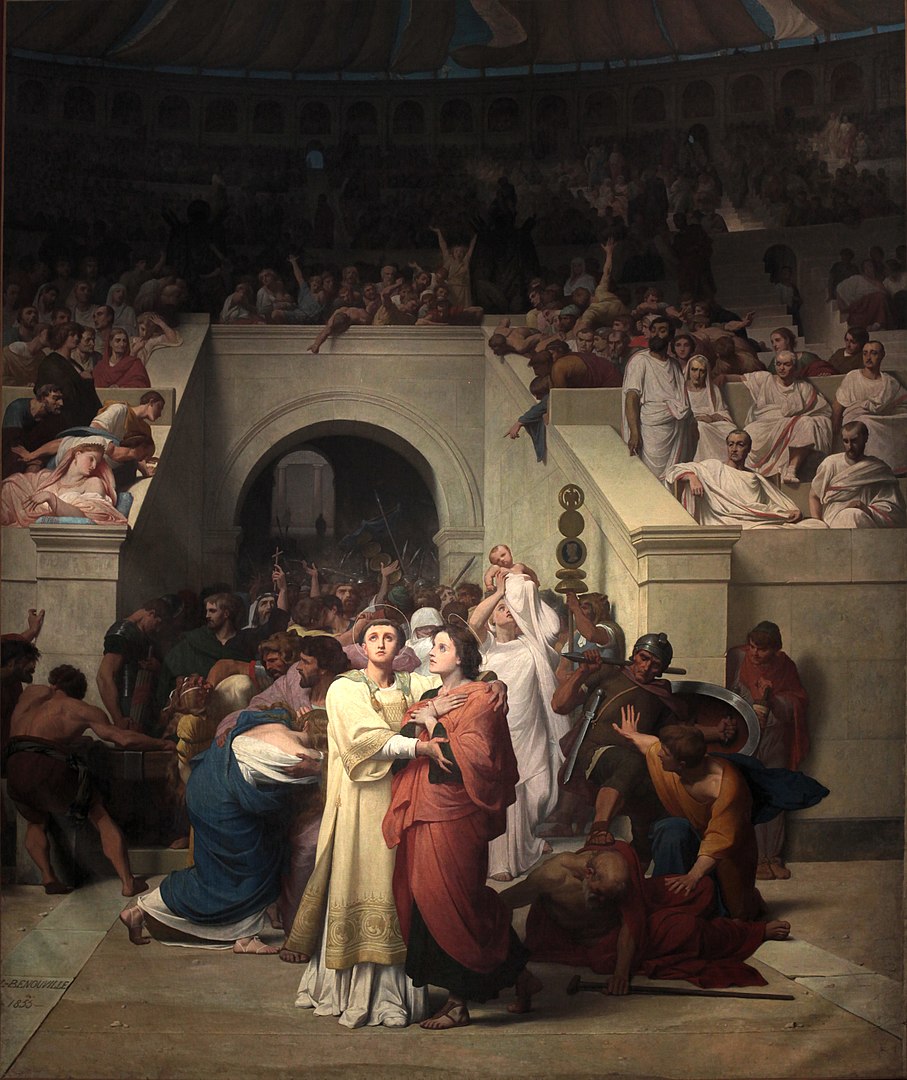Fr Paolo Consonni MCCJ
What kind of Good News is this? “But I say to you that hear, Love your enemies, do good to those who hate you, bless those who curse you, pray for those who abuse you. To him who strikes you on the cheek, offer the other also.” (Lk 6:27-38). Jesus’s words sound almost cruel and inhuman, because Jesus is not talking about patiently bearing with an annoying colleague, nor about forgiving someone who has done terrible things to us but later repented. Jesus is talking about being merciful while enduring abuse and the abuser shows no repentance. An unthinkable situation.
Unfortunately, in one way or another, many of us have had the experience of feeling abused which has left us deeply wounded: whether it be family violence, bullying at school, a toxic working environment, or even sexual harassment.
How should we respond to abuse in a Christian way? Ideally, by protecting ourselves through boundaries, though it is very difficult because not everybody can afford such a strong response. Strong boundaries should help to place the victim in a situation where they can stop the abuse and denounce the abuser. The Church has clearly asserted that justice is the condition for peace and true reconciliation, and we have painfully learned this lesson after the many scandals which have plagued the Church in the recent past. On the contrary, revenge is not justice, and causes instead an endless cycle of violence.
Most abused people, however, when unable to distance themselves from the abuser become passive victims, paralyzed by fear and shame. Passive victims suffer the most, and they need unwavering support because they are truly strong survivors.
Yet, Jesus’ “offering the other cheek” attitude is somehow different from the freezing paralysis of a victim. If we carefully read the Passion of Jesus or the lives of the Saints, especially the martyrs, we are never left with the feeling that they were overwhelmed by the abuser. Jesus, and those who followed in his footsteps, chose to uphold their faith and their own human dignity even when tortured. The external constraint (physical l or psychological) never chained their souls, which remained free in the face of sufferings and even death. They chose to actively offer their lives for the love of God and for the good of others, even those who were harming them. There is an element of awareness (not denial) and freedom (not freezing paralysis) in this attitude that is quite the opposite of passive victimhood.
The Saints understood that those who were persecuting them needed mercy and salvation as much as they did. “Be merciful, as your Father is merciful”. The martyrs were able to see the common humanity uniting them and the persecutors, a humanity tragically in need of conversion, of healing, of redemption, of a love which overwhelms the dark side of the human souls.
In a highly polarised world where we judge others as good or bad, friends or foe, winners or losers, Jesus’ invitation is to look at humanity, even the worst of it, from the point of view of the Father who desires to save all, both abuser and victim. His words offer a way out of the spiral of violence-victimhood in which our lives and our societies are mired.
I still remember the powerful words that St. Pope John Paul II pronounced in 2002 after the terrorists attacks of 9/11 in the US, crimes even more terrible because committed in the name of God : “There is no peace without justice, and there is not justice without forgiveness.” The Pope explained that “Forgiveness is in no way opposed to justice, as if to forgive meant to overlook the need to right the wrong done. It is rather the fullness of justice […] , involving the deepest healing of the wounds which fester in human hearts.” Then he affirmed: “Forgiveness always involves an apparent short-term loss for a real long-term gain. Violence is the exact opposite… Forgiveness may seem like weakness, but it demands great spiritual strength and moral courage, both in granting it and in accepting it. It may seem in some way to diminish us, but in fact it leads us to a fuller and richer humanity, more radiant with the splendor of the Creator.” (Message for the World Day of Peace 2002)
I conclude with the last sentence of the testaments written by Dom Christian de Chergé, one of the Trappist monks killed in 1996 in Algeria by Islamic terrorists. He directed these words directly to his executioner: “And also you, my last-minute friend, who will not have known what you were doing: Yes, I want this THANK YOU and this GOODBYE to be a ‘GOD BLESS’ for you, too, because in God’s face I see yours. May we meet again as happy thieves in Paradise, if it please God, the Father of us both. Amen.”“Be merciful, as your Father is merciful.” It cannot be a command; it cannot be imposed. It’s an invitation, a possible choice for us, if we dare to hear it.
(Image: Martyrs Chretiens entrant a l amphitheatre, François-Léon Benouville – Rama, CC BY-SA 2.0 fr, https://commons.wikimedia.org/w/index.php?curid=41456666)


 Follow
Follow


